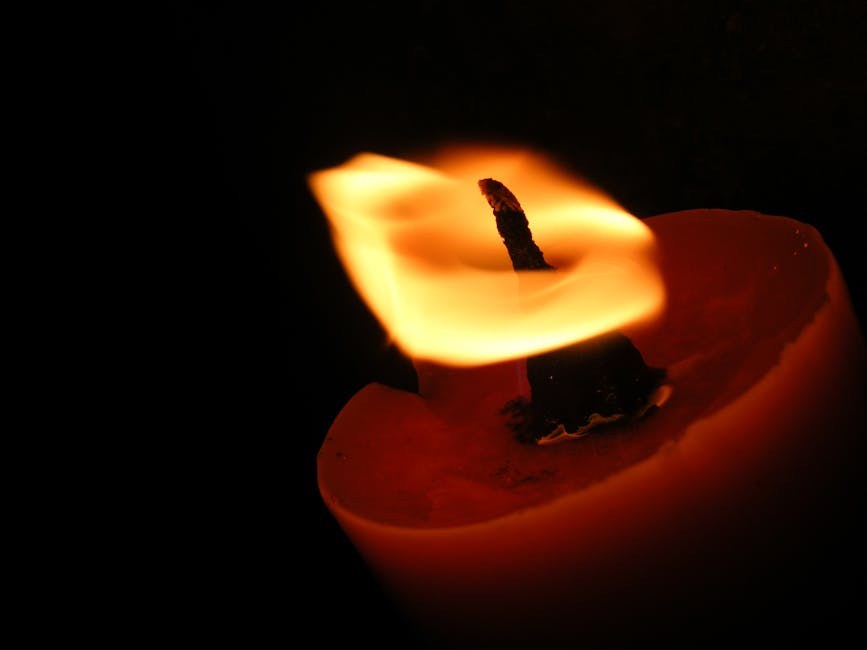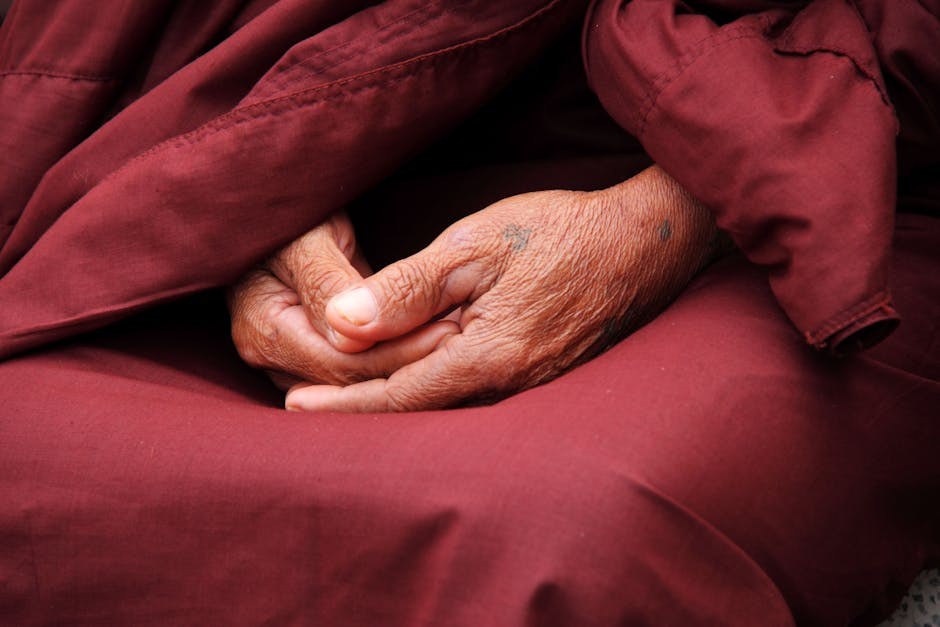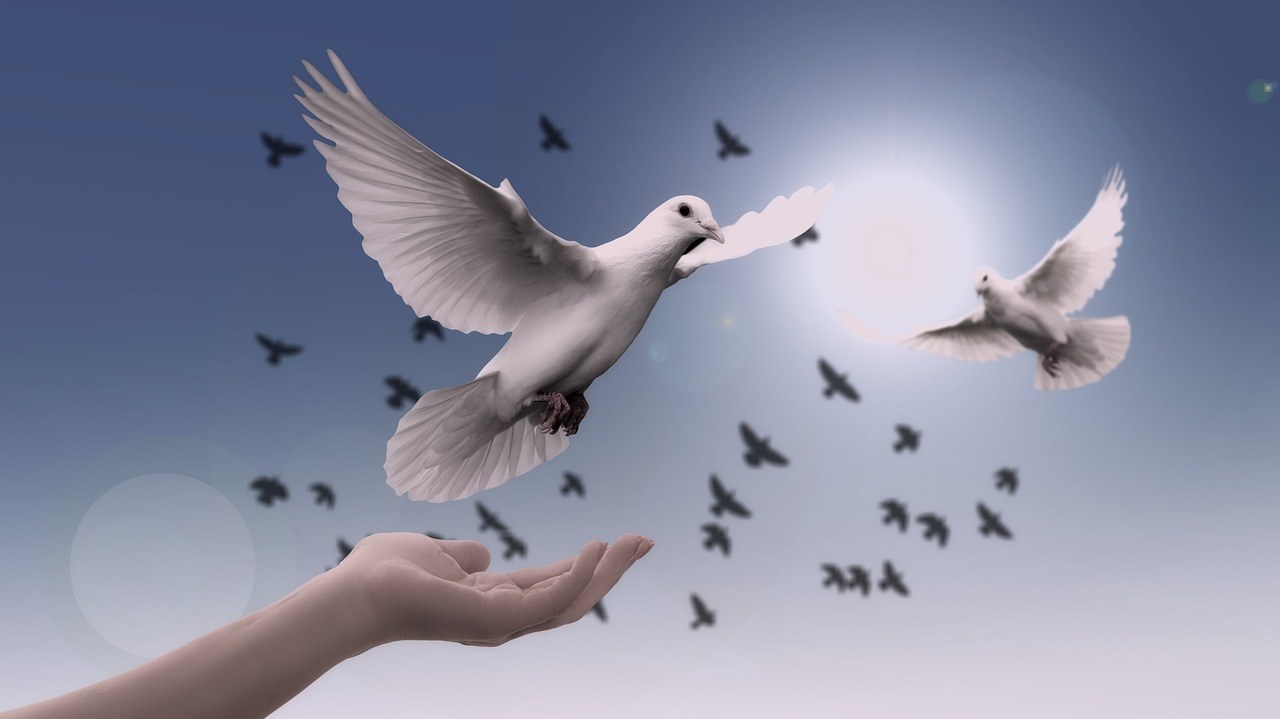Big cultural moments often arrive with glittering promises, and losing your virginity is no exception. Movies script candlelit perfection, friends swap embellished tales, and your own imagination fills in the rest. Real life tends to be less cinematic – more human, more tentative, and sometimes surprisingly funny. This guide approaches losing your virginity with calm clarity: practical expectations, grounded advice, and adult first-time accounts that highlight how varied the experience can be. Read on to prepare your body and your mind, to communicate with a partner you trust, and to remember that intimacy improves with practice – not pressure.
What many adults wish they had known before their first time
Expectations can make or break how you process the moment. These insights reframe losing your virginity as a learning experience rather than a test you either pass or fail.
Simultaneous orgasms are rare. Coordinating arousal, rhythm, and timing is more advanced than people admit. During losing your virginity, your attention will likely be on comfort, consent, and communication – not choreography.

It’s okay to talk – before, during, and after. Silence breeds awkwardness; conversation builds safety. If you’re anxious about losing your virginity, say so. Naming nerves reduces them, and it shows care for your partner’s experience too.
Sex is broader than a single act. Many people define sex differently, and plenty of couples consider a range of activities intimate and meaningful. If you’re losing your virginity, define together what that phrase means for you both.
Not everyone bleeds – and bleeding isn’t a litmus test. Some do, many don’t. Anatomy, prior activity, and individual variation all play a role. If bleeding happens when losing your virginity, keep calm, communicate, and adjust pace or position.

Lubrication matters. Arousal can stall when people feel tense. Keep a body-safe lubricant nearby; it can transform discomfort into ease. Treat lube during losing your virginity as normal – because it is.
Emotion and sensation don’t always arrive together. Some people feel deeply connected; others need time before emotions catch up. While losing your virginity can be tender, it doesn’t overwrite compatibility or instantly bind two people for life.
“Magical” is optional. Media leans on spectacle; reality leans on learning. Imperfect moments – a missed rhythm, an accidental laugh – can be endearing. If losing your virginity feels ordinary, that’s still valid.

Health risks exist beyond intercourse. Oral and anal activities carry different levels of risk. If you’re thinking about losing your virginity, plan for protection that matches the activities you may try.
You remain you afterward. Identity doesn’t pivot on a single night. Losing your virginity can be meaningful – but it doesn’t rewrite your personality, values, or worth.
A clear mind makes better choices. Intoxication complicates consent and coordination. If you’re considering losing your virginity, being sober helps you honor your boundaries and actually remember what you both enjoyed.
Feeling good can take practice. New sensations may be strange. With patience, communication, and exploration, comfort grows – and pleasure follows. Treat losing your virginity as chapter one, not the whole book.
Your partner is nervous, too. Even experienced partners can feel pressure to “perform.” If you name the nerves, you create a kinder space for losing your virginity together.
Share details selectively. Private experiences deserve respectful handling. After losing your virginity, confiding in a trusted friend can help you process – gossip rarely does.
Your pleasure counts. Desire isn’t a one-way street. Express what feels good, and pause what doesn’t. During losing your virginity, curiosity and consent should steer the action in both directions.
Unexpected discomfort can happen. Anatomy, tension, and pace all matter. If something hurts while losing your virginity, slow down, change position, add lube, or stop. Pain is feedback – not a test you must power through.
Honesty beats guesswork. Check in often: “How does this feel?” “Slower?” “More pressure?” Losing your virginity becomes much smoother when you trade silent assumptions for gentle cues.
Practical preparation for a calmer first time
Preparation doesn’t kill spontaneity – it protects comfort. If you’re thinking about losing your virginity, consider these groundwork steps so the moment can unfold without scrambling for basics.
Choose protection you’ll actually use. Condoms reduce pregnancy risk and help protect against infections. If relevant, discuss additional contraception in advance. Building this plan before losing your virginity keeps the focus on connection, not logistics.
Ignore pressure – listen to readiness. Readiness is internal. If you’re not sure about losing your virginity yet, wait. A yes that feels unhurried is far better than a shaky maybe.
Pick someone you trust. Intimacy is safer when you can speak openly and say no at any point. Trust turns losing your virginity from a performance into a conversation.
Warm up matters. Kissing, touch, and external stimulation help the body adapt. If you plan on losing your virginity, don’t rush penetration – let arousal lead.
Incorporate clitoral stimulation if desired. Many women find direct or indirect clitoral touch essential. If losing your virginity includes intercourse, using hands or a vibrator can make comfort and pleasure far more likely.
Take your time. A relaxed pace helps with sensation and connection. If you’re losing your virginity, slow movements, steady breathing, and short breaks can make all the difference.
Set the scene for comfort. Privacy, soft lighting, a clean space, tissues, and water – small details reduce stress. Little comforts can turn losing your virginity from frantic to focused.
Lower the stakes – raise the curiosity. Treat the experience like a first lesson, not a final exam. Curiosity keeps losing your virginity flexible, forgiving, and even playful.
Adult first-time stories – the good
Every account below centers consenting adults and the simple truth that losing your virginity isn’t a single script. The tender ones show how patience and trust set a solid foundation.
“We’d been together a while and kept checking in about boundaries. When we finally did it, it was brief but sweet. The best part wasn’t technique – it was how seen I felt. Losing your virginity felt less like fireworks and more like a quiet sunrise.”
“I waited until I met the person who made me feel steady. Friends teased me for being selective, but intimacy felt safer that way. After losing your virginity with someone dependable, I realized patience was worth it.”
“We’d chosen to wait until marriage. On our wedding night, we kept it simple and laughed a lot. Losing your virginity didn’t solve everything, but it started a journey we get better at together.”
“We were new but honest. The first try was awkward, and she told me plainly what wasn’t working – which weirdly made me trust her more. We faced an unexpected pregnancy early in the relationship and chose to keep building. Losing your virginity became a chapter in a long love story.”
“A camping trip, a starry sky, and way too much laughter when a nosy animal interrupted. It was chaotic and unforgettable. Losing your virginity turned into a story we still tell each other with grins.”
Adult first-time stories – the awkward
Awkward doesn’t mean broken – it usually means human. These accounts show how losing your virginity can be unremarkable or oddly timed and still teach you what you want next time.
“I rushed into it because I felt behind. It didn’t hurt, it just felt… nothing. I wish I had waited for a partner I trusted. Losing your virginity taught me that readiness matters more than a deadline.”
“We didn’t plan for periods, laundry, or cleanup. The mood broke, and so did my confidence for a bit. Practical prep would have made losing your virginity less stressful.”
“I tried an approach I wasn’t sure about and focused on performance instead of comfort. The lube helped, and a free hand on my body helped more. Losing your virginity taught me that my pace matters.”
“I felt pressure from a partner and from the calendar. I drank to get brave – bad idea. I cried afterward because I knew I had bulldozed my boundaries. Losing your virginity should never come from fear of losing someone.”
“We were both adults, we cared about each other, and the sex was… fine. Quick finish, minimal sensation for me. Then it got better as we learned. Losing your virginity wasn’t the headline of our intimacy – practice was.”
Adult first-time stories – the truly messy
Sometimes the universe throws in comic timing, fragile egos, or complicated relationships. Messy doesn’t define you; it just underlines why communication and aftercare matter when losing your virginity.
“Background TV on low, nerves on high. My body responded in weird ways – we both laughed, then I panicked. She hugged me, and we reset another day. Losing your virginity showed me that kindness is sexier than perfection.”
“We finally met after months apart. He was tense, and his body didn’t cooperate. He rushed, finished, and confessed he’d been dishonest about another relationship. Losing your virginity became a lesson in choosing partners who honor the truth.”
“We said, ‘Let’s just do it,’ then nerves wrecked the moment. We kept trying, and a family interruption ended the evening. Losing your virginity can be comical – doors lock for a reason.”
“Anniversary plan, fancy hotel, great dinner. She felt self-conscious and didn’t want certain kinds of touch. We adapted with gentler options and more conversation. Losing your virginity reminded me that consent is ongoing, detailed, and allowed to change.”
“We were in his room, halfway through, when a parent knocked repeatedly about chores. We tried not to giggle and totally failed. A few days later the relationship ended – and I realized that losing your virginity is best shared with someone consistently kind, not intermittently attentive.”
Making the experience safer and kinder
Safety isn’t just about health – it’s also about emotional steadiness. If you’re contemplating losing your virginity, think of safety as a broad umbrella that keeps the whole experience steady.
Informed consent. Consent is enthusiastic, specific, and renewable. If either person hesitates while losing your virginity, that’s a cue to pause or stop – not to push forward.
Body literacy. Knowing your own arousal patterns helps you guide a partner kindly. When losing your virginity, guidance can be as simple as moving a hand, adjusting angle, or asking for a slower pace.
Aftercare. Cuddling, water, a shower, or a short walk – small rituals help your nervous system settle. After losing your virginity, checking in with a simple “How do you feel?” anchors intimacy.
Expectations check. Make room for awkwardness and learning. If losing your virginity wasn’t transcendent, you didn’t “do it wrong.” You did it honestly – that’s what counts.
Communication cues you can borrow
Words can be as soothing as touch. Keeping a few phrases handy makes losing your virginity less mysterious and more collaborative.
“I’m excited and a little nervous – you too?”
“Can we try slower for a moment?”
“Tell me if you want more or less pressure.”
“Let’s add some lube.”
“Pause?” “Water break?” “Different position?”
“I liked when you did that – more of that?”
If the first time wasn’t great
Plenty of people look back on losing your virginity and feel neutral, disappointed, or confused. That reaction is valid. You can still build a wonderful intimate life. Here’s how to move forward constructively:
Reframe the narrative. Instead of labeling it a failure, call it a first draft. Most skills improve with feedback – intimacy is no different. Losing your virginity just starts the learning curve.
Note what went right. Maybe communication felt easy, or you liked the pace at the beginning. Keep what worked. The next chapter after losing your virginity can reuse those bright spots.
Adjust one variable next time. More lube, extra foreplay, a different position, or a slower rhythm. Tweaks compound. Each session after losing your virginity gives new information to refine.
Choose partners who listen. Kindness and curiosity amplify pleasure. The right partner will treat losing your virginity as something to navigate together, not a checkpoint to race through.
Remember why you’re doing this
At its best, sex blends play, warmth, respect, and mutual care. If you’re considering losing your virginity, center those values. The goal isn’t to replicate anyone else’s story – it’s to feel safe enough to explore your own. When you approach intimacy with patience and steady communication, the pressure fades and presence takes its place. Even if your first time is brief, awkward, or interrupted by real life – the journey that follows can be tender, joyful, and deeply yours.